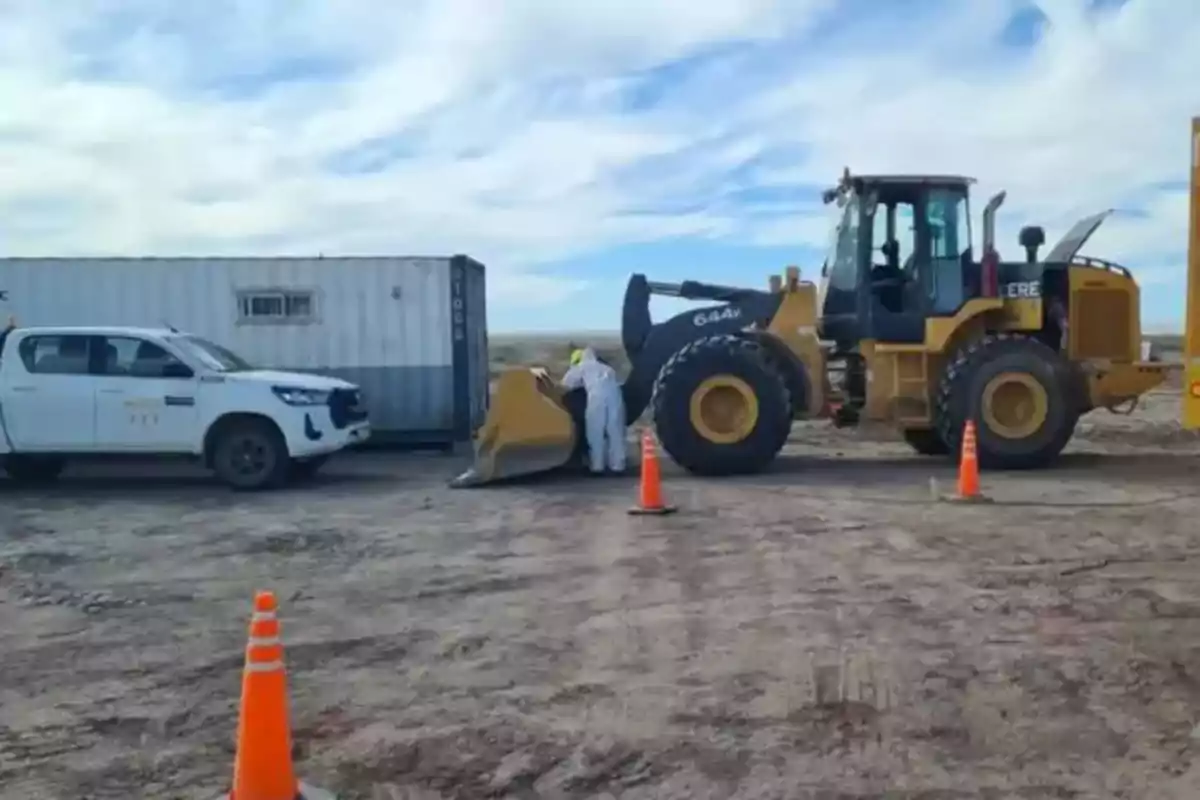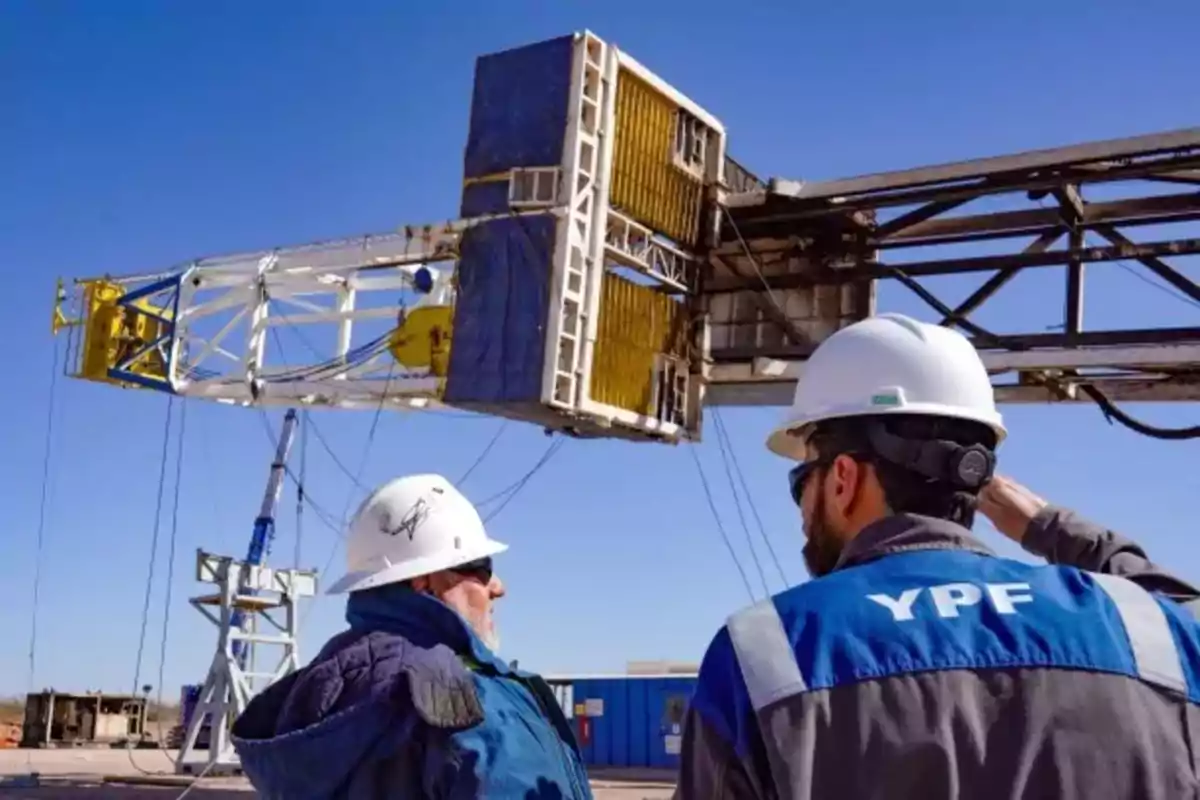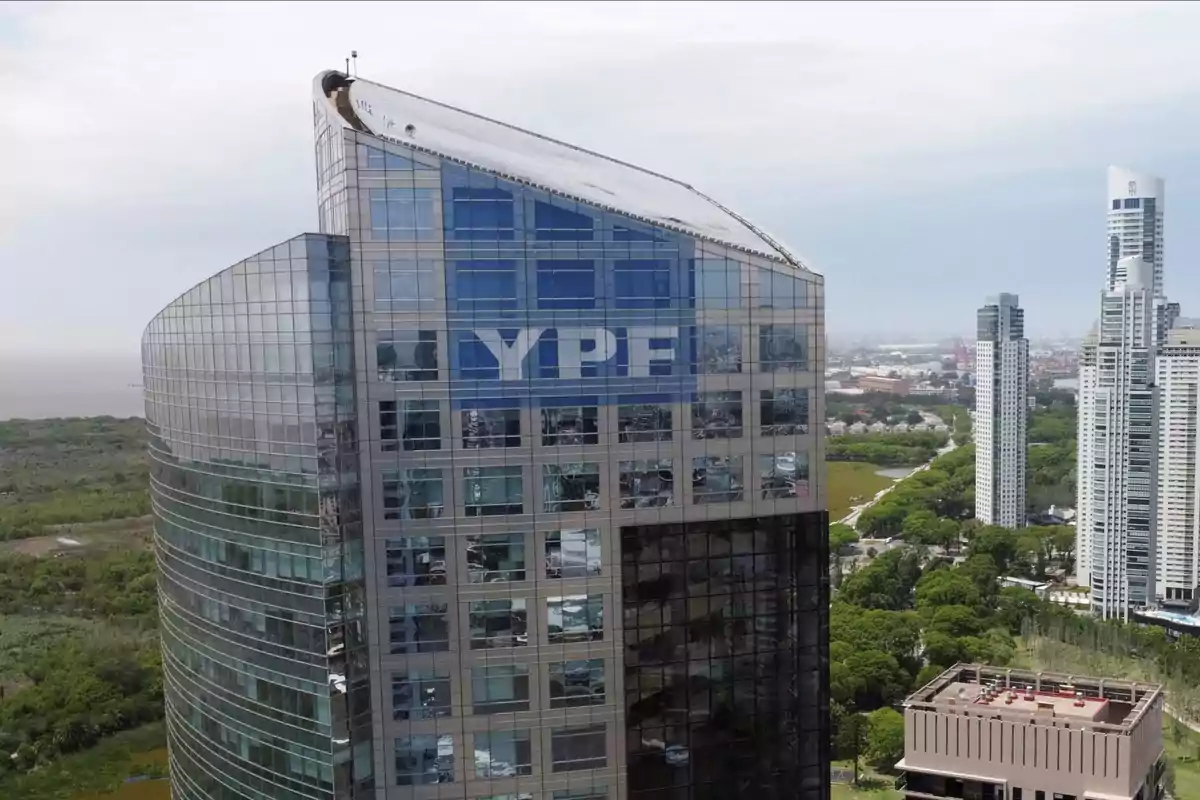
YPF began work on the Vaca Muerta Oil Sur project in Río Negro.
It's estimated that the system could generate exports of around 15 billion dollars annually
YPF launched the construction of the ambitious Vaca Muerta Oil Sur project in the town of Sierra Grande, in Río Negro, thus kicking off a new export route for Argentine unconventional oil.
The work began with the installation of a tank farm in the Punta Colorada area, under the supervision of the province's Secretariat of Environment and Climate Change. In this preliminary stage, land preparation, construction of work camps, and earthmoving tasks are being carried out by the company Milicic S.A., the main contract awardee.
The project's development is being carried out in accordance with the provisions of Resolution RESOL-2024-259-E-GDERNE-SAYCC#SGG and Provincial Law No. 3266 on Environmental Impact Assessment. The environmental agency of Río Negro highlighted that control will be rigorous in all execution phases, and an initial technical inspection has already been conducted to verify compliance with current regulations.

The plan includes the construction of a terminal in Punta Colorada, a pipeline of more than 600 kilometers in length and a maritime monobuoy that will allow crude oil to be loaded from the Atlantic coast to various international markets. The goal is for all this infrastructure to be operational by the end of 2026.
According to YPF, the system will have an initial capacity to transport up to 550,000 barrels of oil per day, with the possibility of scaling up to 700,000 barrels daily if demand requires. The total estimated investment is around 3 billion dollars.
With this initiative, the company seeks to consolidate a new outlet for Vaca Muerta oil, alleviate current logistical bottlenecks, and increase the competitiveness of Argentine shale oil globally.

From an economic standpoint, the benefits are also significant. Official projections estimate that the system could generate exports of around 15 billion dollars annually, with peaks that could exceed 20 billion, depending on production levels and international demand.
This venture also represents a strategic bet to strengthen the country's energy infrastructure, in a context where foreign exchange earnings from exports are key to Argentina's macroeconomic health.
From the Government of Javier Milei, they consider that Vaca Muerta Oil Sur will be an essential tool to continue positioning the country as a relevant player in the global hydrocarbons scene, while diversifying the logistical routes for crude oil export.
More posts: